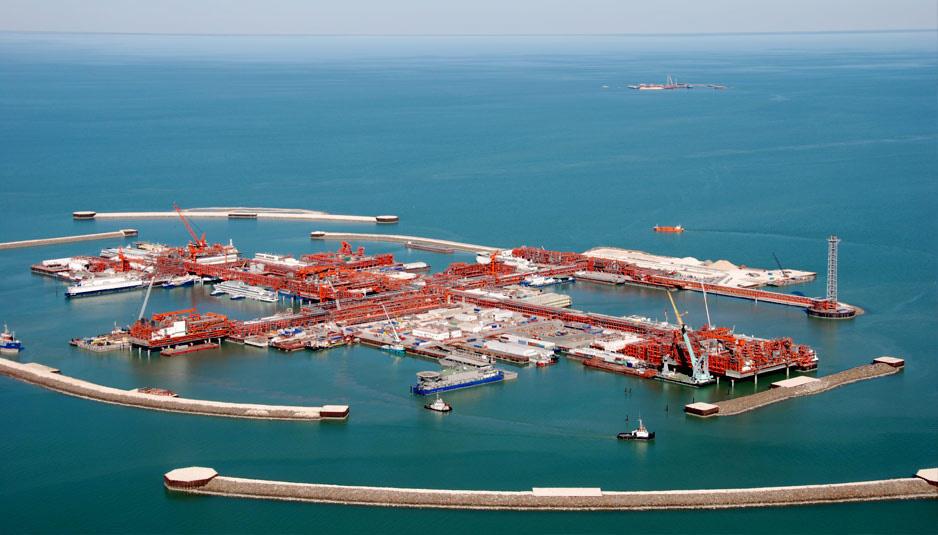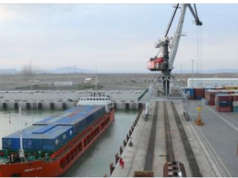North Caspian Operating Company (NCOC) which operates Kazakhstan’s Kashagan field is planning to conduct an open round-table in respect of the Marine Access Channels Project for the purpose of discussing the issues of interest with stakeholders, Trend reports citing the NCOC.
On Apr. 7, 2021 NCOC informed the public about Marine access channels project, which became quite controversial with some experts criticizing these plans.
NCOC said that the project was developed to avoid consequences due to the falling of the Caspian Sea level followed by the sea’s shallowing in the area of Kashagan offshore facilities have limited the use of sea vessels.
It is posing a threat towards the safe operation of offshore production facilities that may lead to the complete shutdown of one of the largest fields in Kazakhstan.

The project impact area will total nearly 29 square kilometers, which is as low as 0.036 percent of the total North Caspian area. The project will deploy the best available technologies.
The project was developed in accordance with the construction regulations and the Environmental Code of Kazakhstan. Baseline environmental studies were carried out on the entire area of planned work in 2019-2020. The studies covered all environmental components, including benthos and fish migration routes.
The North Caspian Project is the first major offshore oil and gas development in Kazakhstan. It covers three fields: Kashagan, Kairan, and Aktoty.
The Kashagan field is one of the three largest oil fields located in the northern part of the Kazakh sector of the Caspian Sea. Its recoverable reserves reach approximately 9-13 billion barrels (1-2 billion tons) of oil.
The first commercial oil production started at Kashagan in 2016. The project operator North Caspian Operating Company (NCOC) shipped the first million tons of oil for export in early 2017. NCOC has reached a record-breaking volume of oil extraction at the field (390,000-400,000 barrels a day) in 2019.







